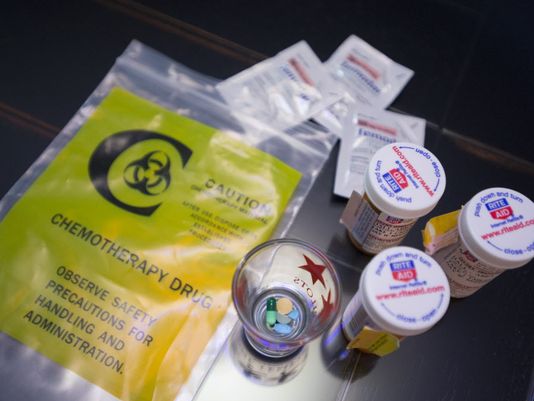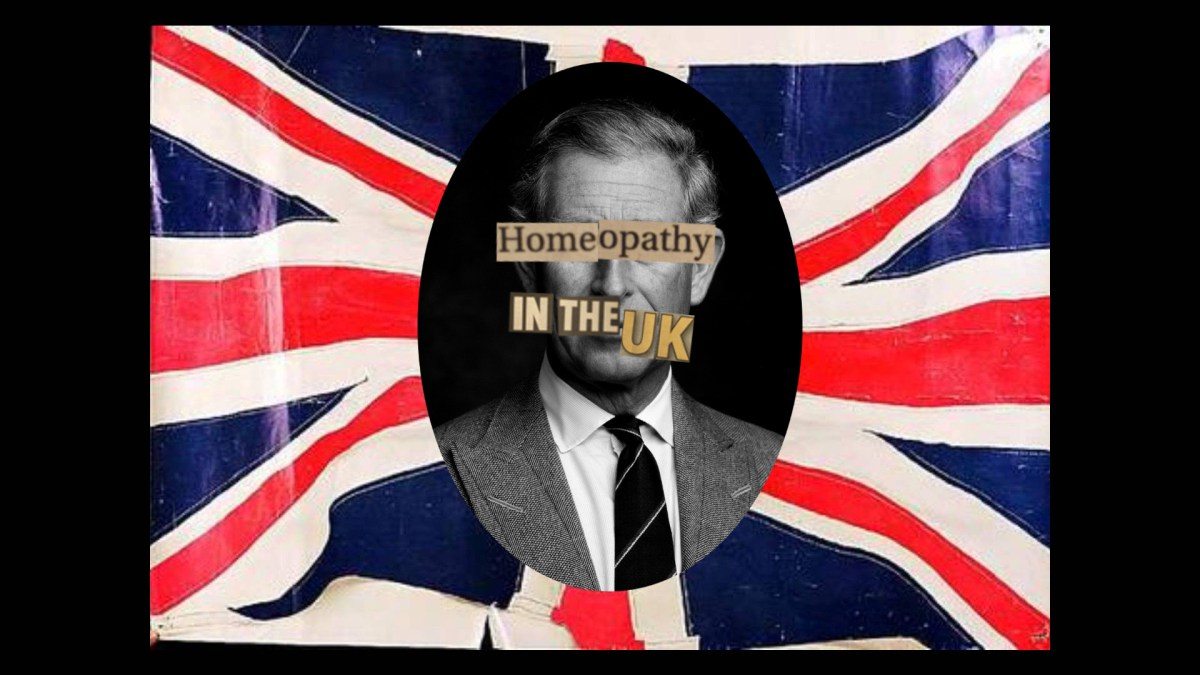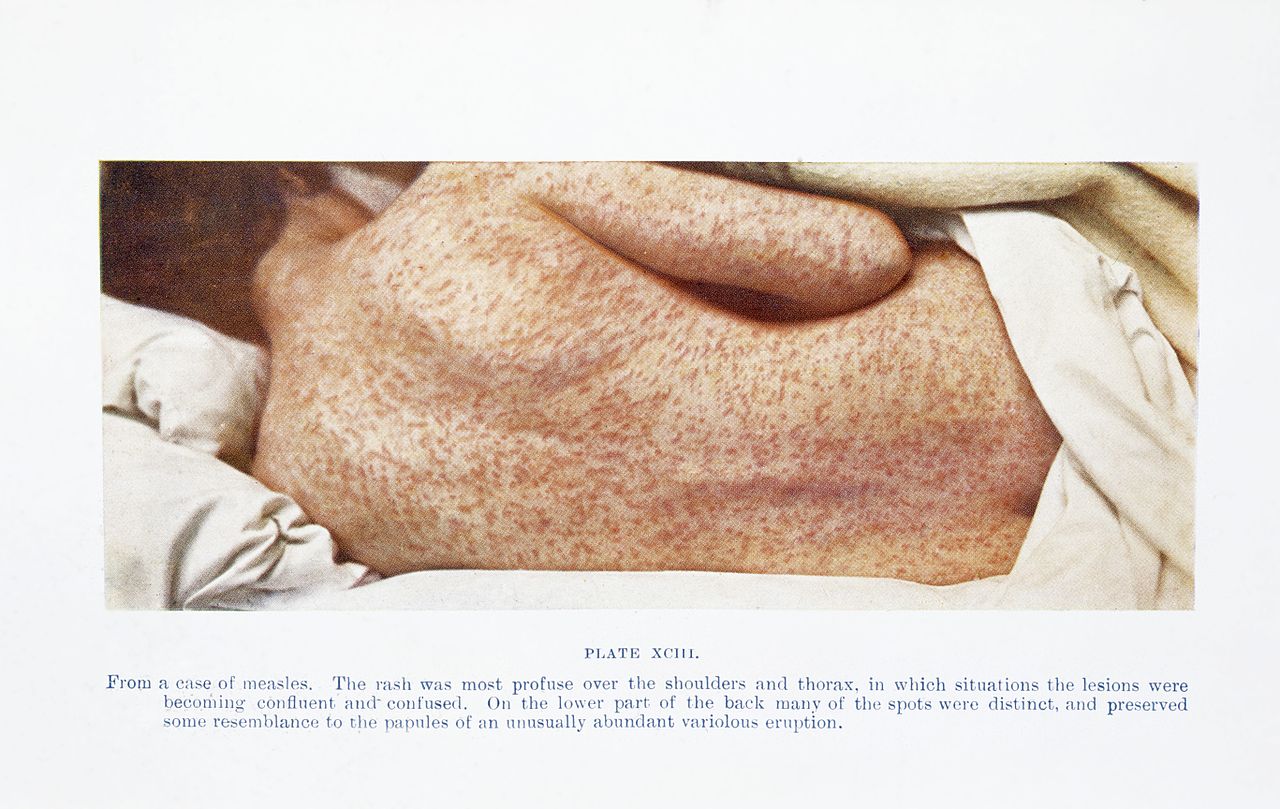Legislators want “pharmaceutical cost transparency”. Are they asking the wrong question?
If science-based medicine is unaffordable, then your care won’t be science-based. Prescription drug costs are one of the biggest concerns in health care today. There seems to be no upper limit on prices, with some new treatments costing over $1,000 per day. The arrival of new drugs to treat (and cure) hepatitis C has created a perfect pharmaceutical storm: highly effective treatments,...
The PIED Piper of Nootropics
Nootropics are an emerging class of drugs that are designed to enhance cognitive function. They are part of a broader category of drugs known as performance and image enhancing drugs (PIED) which are used for enhancement of memory and cognition, sexual performance, athletic performance or musculature (also called “lifestyle” drugs). It will probably come as no surprise to regular readers of SBM...
Do Helmets Prevent Head Injuries?
A cycling enthusiast asked me about helmets. It seems compellingly obvious to me that a head impacting the pavement without a helmet is likely to sustain more damage than a head protected by a helmet. He challenged that, citing a BMJ article by Ben Goldacre that questioned whether the evidence showed that helmets do any good. He said I was making a...

As in 2014, “right-to-try” laws continue to metastasize in 2015
Last year, I did several posts on what I consider to be a profoundly misguided and potentially harmful type of law known as “right-to-try.” Beginning about a year and a half ago, promoted by the libertarian think tank known as the Goldwater Institute, right-to-try laws began popping up in state legislatures, which I likened to Dallas Buyers Club laws. Both Jann Bellamy...
Lyme Testimony
As the saying goes, when you do not have the facts, argue the law. This tried and (?) true approach was successful in New York where a law was passed protecting those who are, shall we say, creative in treating patients with Lyme and ‘chronic’ Lyme. The bill protects those from investigation of misconduct: based solely on treatment that is not universally...
ACA: Six Key Elements of A Modern Chiropractic Practice Act
In February, 2015, the American Chiropractic Association House of Delegates ratified “Six Key Elements of A Modern Chiropractic Practice Act.” For what it’s worth, this means that the “Six Elements” are part of the official “Public Policy” of the ACA. 1. “Chiropractic Physician” and “Chiropractic Medicine” as the Regulatory Terms of Licensure. 2. Scope of Practice Determined by Doctoral and Post-Doctoral Education,...
HPV Vaccine Compliance
There are few home-runs in medicine. Most of our choices have some sort of trade-off – drugs have side effects, interventions have risks, and many treatments have marginal benefits. Sometimes, however, medical science hits one out of the park and develops a treatment that is safe, effective, cost effective, and convenient. Any dispassionate view of the evidence can only lead to one...

Homeopathy and the UK’s National Health Service
Homeopathy is arguably the silliest form of alternative medicine: the published studies show no evidence of anything beyond nonspecific contextual effects, and the underlying premise is incompatible with the existing body of scientific knowledge. Homeopathy has increasingly been questioned or denounced by organizations in several countries, most recently in FDA hearings in the US. I recently spoke at the QED conference (Question,...

The measles vaccine protects against more than just the measles
One of the disadvantages of writing for this blog is that sometimes I feel as though I spend so much time deconstructing bad science and pseudoscience in medicine that I’m rarely left with the time or the opportunity to discuss some interesting science. Of course, even when I do that, usually it’s in the context of that very same bad science or...
“Science.” You keep using that word. I do not think it means what you think it means.
I’ve discussed on many occasions over the years how antivaccine activists really, really don’t want to be known as “antivaccine.” However, if there’s one thing that rivals how much antivaccinationists detest being called “antivaccine,” it’s how much they detest being called antiscience. To try to deny that they are antiscience, they will frequently invoke ridiculous analogies such as claiming that being for...






Don’t Blame the Patient